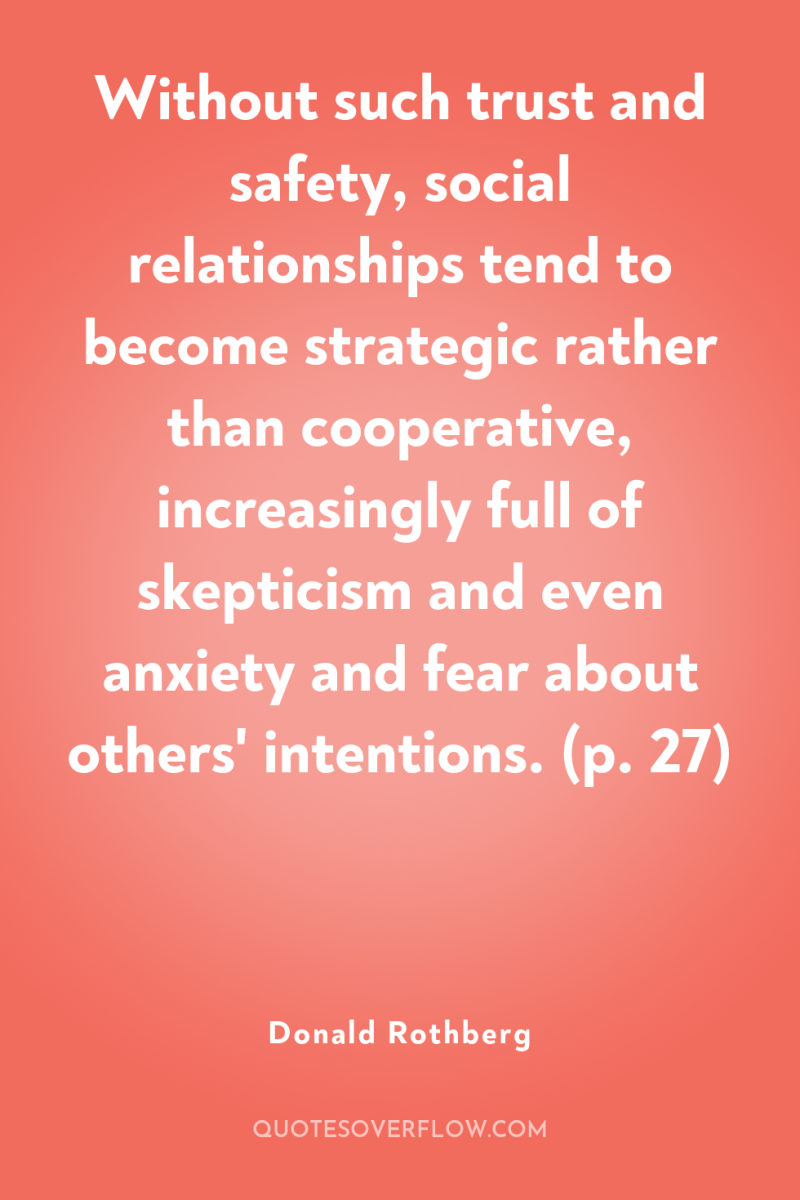Donald Rothberg is the founder and director of the Stone Center for Peace, Justice and Healing, in New York City. He is also the founder and director of the Stone Center in Kfar Saba, Israel. He has also served as Director of the Stone Center in Fairfield, Connecticut, and was formerly professor of philosophy at Fairfield University. He previously taught at Drew University, Grand Canyon University, Fairleigh Dickinson University, Rutgers University, and Columbia University
Read more
He is a former president of the Association for Transpersonal Psychology (ATP). Rabbi Rothberg received his rabbinic ordination from Rabbi Eliezer Berkovits at Yeshiva University in New York. His BA in Philosophy (1950) was received from Columbia College (now Barnard College), his MA in Philosophy (1953) from Columbia University; and his PhD (1961) was also awarded by Columbia.
